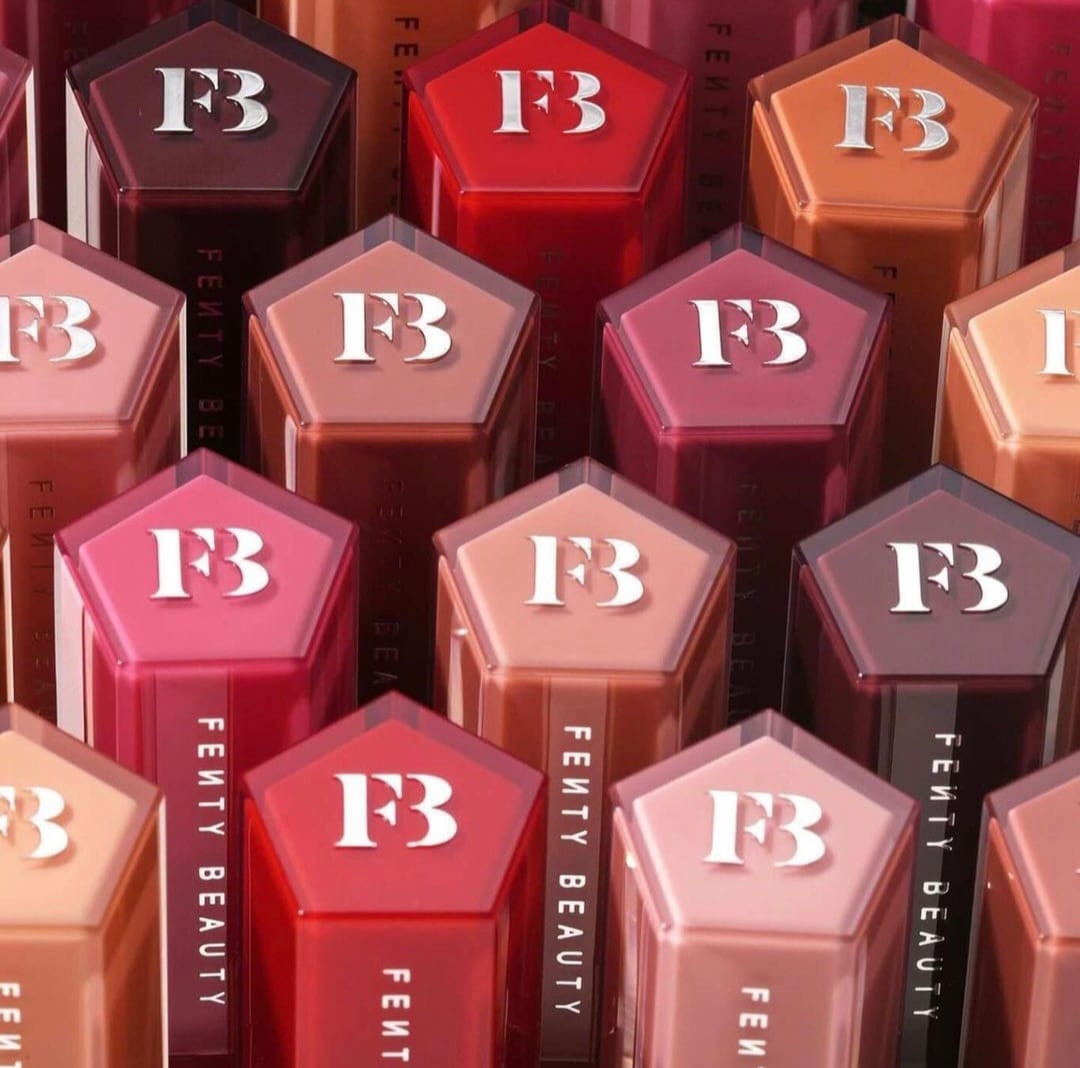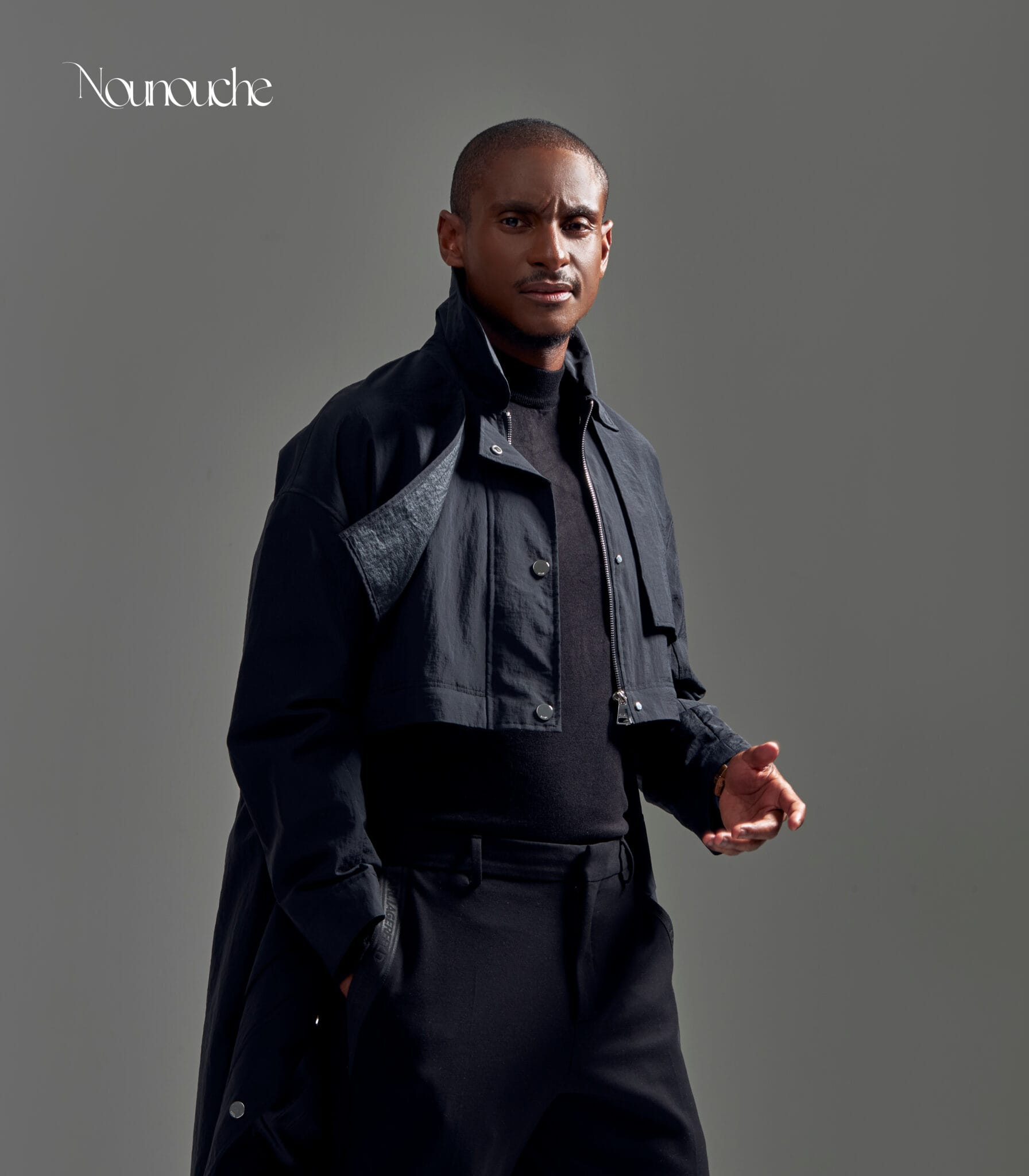On one hand, celebrities have a built-in fan base and can leverage their fame to promote their beauty brands. This can lead to a lot of initial buzz and excitement around the launch of the brand. Additionally, many fans may feel a personal connection to the celebrity and want to support them by purchasing their products.
However, on the other hand, this can also lead to high expectations and scrutiny from customers and critics alike. If the products don’t live up to the hype or are too expensive, customers may feel let down and become vocal about their disappointment. Additionally, if the celebrity associated with the brand becomes embroiled in controversy or falls out of favour with the public, it can negatively impact the brand’s reputation.

Another crucial aspect that affects the success of celebrity beauty brands is whether the product offering aligns with the brand the celebrity has built for themselves. For instance, Rihanna has launched a hair care brand, it is currently not connecting with consumers. We know and understand her to be a woman who wears wigs, braids, and weaves and looks amazing in them. The brand feels somewhat disingenuous and simply a money grab despite her other successes in skincare and makeup.

Similarly, Stella Ciolli’s brand, Skoon, faced criticism for its lack of alignment with her public image. Known for her minimalist lifestyle and focus on sustainability, the brand’s extravagant packaging and use of certain ingredients felt contradictory to her espoused values. This disconnect eroded consumer trust and hindered the brand’s success, highlighting the importance of authenticity in the celebrity beauty space.
On the other hand, a hair care line from someone like Tracee Ellis Ross makes complete sense. She is often seen rocking her natural hair on the red carpet, in the roles she plays, and even on her social media. Consumers are becoming smarter and more discerning, and celebrities can no longer rely solely on their fame and aspirational appeal to sell beauty products.

Consumers want authenticity and transparency from the brands they support, and this includes celebrity beauty brands. If the product offering doesn’t align with the celebrity’s image or values, consumers may view it as a cash grab rather than a genuine effort to provide quality products. This can lead to a lack of trust and ultimately hurt the brand’s reputation and sales.
In the case of Fenty Beauty, launched by Rihanna in 2017, the brand was praised for its inclusivity and diversity. The brand offered a wide range of shades for all skin tones and featured models of different races and ethnicities in its advertising campaigns. This resonated with consumers who were looking for more representation in the beauty industry. Additionally, the products themselves were well received and praised for their quality.

In contrast, Kylie Skin, launched by Kylie Jenner in 2019, faced criticism for its lack of transparency regarding ingredients and pricing. Some customers also reported experiencing skin irritation after using the products. Additionally, the brand faced backlash for promoting harmful skincare practices, such as using walnut scrubs which can cause micro-tears in the skin. These issues led to a decline in sales and negative publicity for the brand.
Overall, the success or failure of a celebrity beauty brand depends on a variety of factors, including the quality of the products, pricing, marketing, and the reputation of the celebrity associated with the brand. While some celebrity beauty brands have been successful, others have failed to live up to expectations and have faced criticism from customers and critics alike. Authenticity, transparency, and a genuine connection between the celebrity and the product are paramount for success in this increasingly competitive market.






No Comments